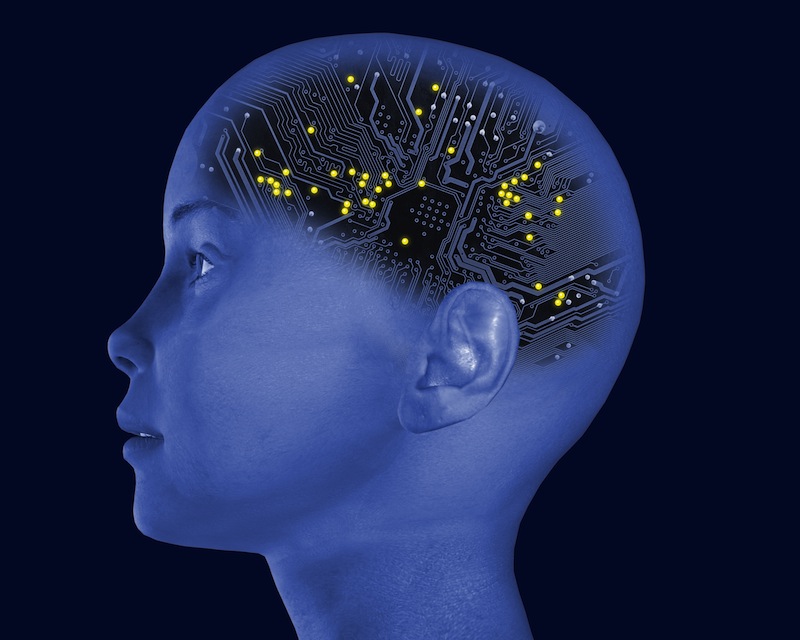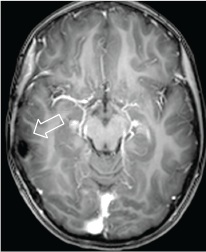Girl's Uncontrollable Laughter Caused By Brain Tumor

They say laughter is the best medicine. But what if laughter is the disease?
For a 6-year-old girl in Bolivia who suffered from uncontrollable and inappropriate bouts of giggles, laughter was a symptom of a serious brain problem. But doctors initially diagnosed the child with "misbehavior."
"She was considered spoiled, crazy — even devil-possessed," Dr. José Liders Burgos Zuleta, ofAdvanced Medical Image Centre, in Bolivia, said in a statement. [14 Oddest Medical Cases]
But Burgos Zuleta discovered that the true cause of the girl's laughing seizures, medically called gelastic seizures, was a brain tumor.
After the girl underwent a brain scan, the doctors discovered a hamartoma, a small, benign tumor that was pressing against her brain's temporal lobe.The doctors surgically removed the tumor, and the girl is now healthy, the doctors said.

The girl stopped having the uncontrollable attacks of laughter and now only laughs normally, the doctors said.
Gelastic seizures are a form of epilepsy that is relatively rare, said Dr. Solomon Moshé, chief of pediatric neurology at Albert Einstein College of Medicine and The Children’s Hospital at Montefiore. The word comes from the Greek word for laughter, "gelos."
Sign up for the Live Science daily newsletter now
Get the world’s most fascinating discoveries delivered straight to your inbox.
"It's not necessarily 'hahaha' laughing," Moshé told Live Science. "There's no happiness in this. Some of the kids may be very scared," he added.
The seizures are most often caused by tumors in the hypothalamus, especially in kids, although they can also come from tumors in other parts of brain, Moshé said. Although laughter is the main symptom, patients may also have outbursts of crying.
These tumors can cause growth abnormalities if they affect the pituitary gland, he said.
The surgery to remove such brain tumors used to be difficult and dangerous, but a new surgical technique developed within the last 10 years allows doctors to remove them effectively without great risk, Moshé said.
The doctors who treated the girl said their report of her case could raise awareness of the strange condition, so doctors in Latin America can diagnose the true cause of some children's "behavioral" problems, and refer them to a neurologist.
The case report was published today (June 16) in the journal ecancermedicalscience.
Editor's Note: This article was updated at 4:22 p.m. ET June 30, to expand Dr. Moshé's affiliation.
Follow Tanya Lewis on Twitter and Google+. Follow us @livescience, Facebook & Google+. Original article on Live Science.










